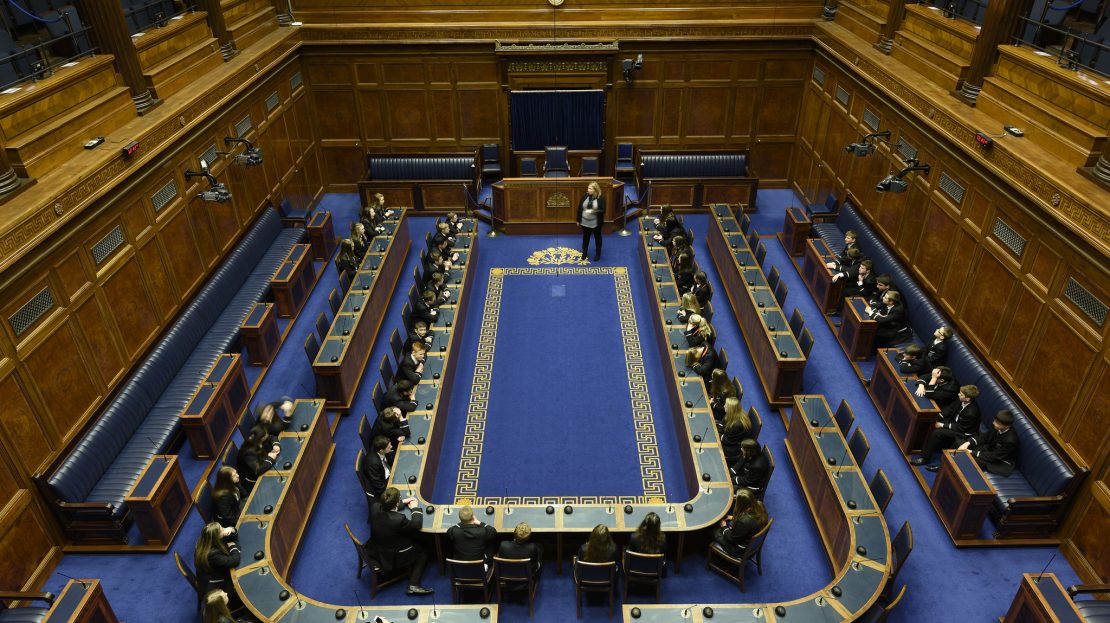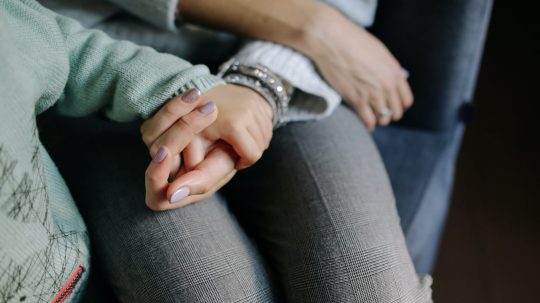Human rights and civil liberty groups have criticised the government’s proposals to grant an effective amnesty for crimes committed as part of the Troubles in Northern Ireland. The ‘Troubles’ is a term used to describe a period of conflict in Northern Ireland that lasted over 30 years, up until the Good Friday Agreement was signed in 1998. The Northern Ireland Troubles (Legacy and Reconciliation) Bill attempts to address more than 1,000 unsolved killings. Now, rights groups have said the Bill violates the UK’s human rights obligations.
People accused of committing atrocities during the Troubles could be given ‘conditional’ immunity from prosecution if they cooperate with ‘truth recovery investigations’. The government plans to establish a new statutory body, the Independent Commission for Reconciliation and Information Recovery (ICRIR), to handle investigations.
Violating the right to life?
In May, Alyson Kilpatrick, chair of the Northern Ireland Human Rights Commission (NIHRC), described the Bill as “fatally flawed”. Kilpatrick claims that the Bill is incompatible with The right to life, under Article 2 of the European Convention on Human Rights (ECHR). The ECHR is enshrined into Northern Irish law through the Good Friday Agreement.
In an evidence session with the Northern Ireland Committee in June, Kilpatrick said the Bill could not become compatible with human rights and would breach the Human Rights Act 1998 (HRA). She highlighted that preventing prosecutions for serious Troubles-related crimes would amount to a “very substantial interference with the rule of law”.
States under the ECHR should conduct independent and effective investigations into deaths caused by the state or in cases where the state failed to protect life. Kilpatrick said that the proposals meant that investigations into crimes by the ICRIR would not meet requirements set out under the ECHR.
Grainne Teggart, deputy director for Amnesty International Northern Ireland, said that the Bill proposes to deny victims of the Troubles “truth, justice and accountability”.
Teggart highlighted that the Bill was being pushed through the UK Parliament “at alarming speed” in conjunction with the government’s Bill of Rights.
“It’s part of a clear and chilling pattern to diminish rights and shield the state from accountability,” she said, calling on the government to scrap both pieces of legislation.
Opposition in the Commons
The Northern Ireland Troubles Bill was passed by the House of Commons on 4 July however, the Bill was not backed by the Labour party or any of Northern Ireland’s MPs.
During its second reading in Parliament, Northern Irish MPs from across the political spectrum, including Ian Paisley (Democratic Unionist Party) and Colum Eastwood (Social Democratic and Labour Party), raised concerns that the Bill violated Article 2 of the ECHR.
“To remove the rights of individuals to pursue a criminal or civil remedy appears to me to be in clear breach of Article 2 of the European convention on human rights, and therefore aspects of the Good Friday agreement, as the convention is hardwired into it,” said Labour MP Richard Thompson in the debate.
The Northern Ireland Troubles Bill will be examined by the House of Lords on 13 September following Parliamentary recess.





